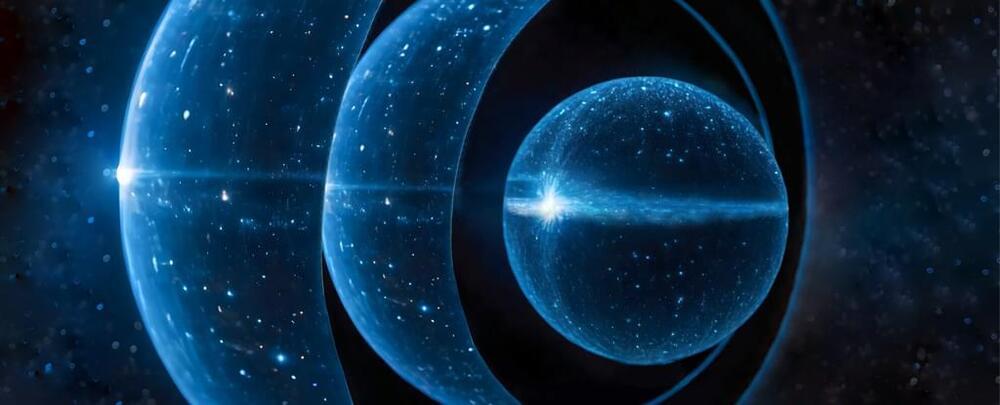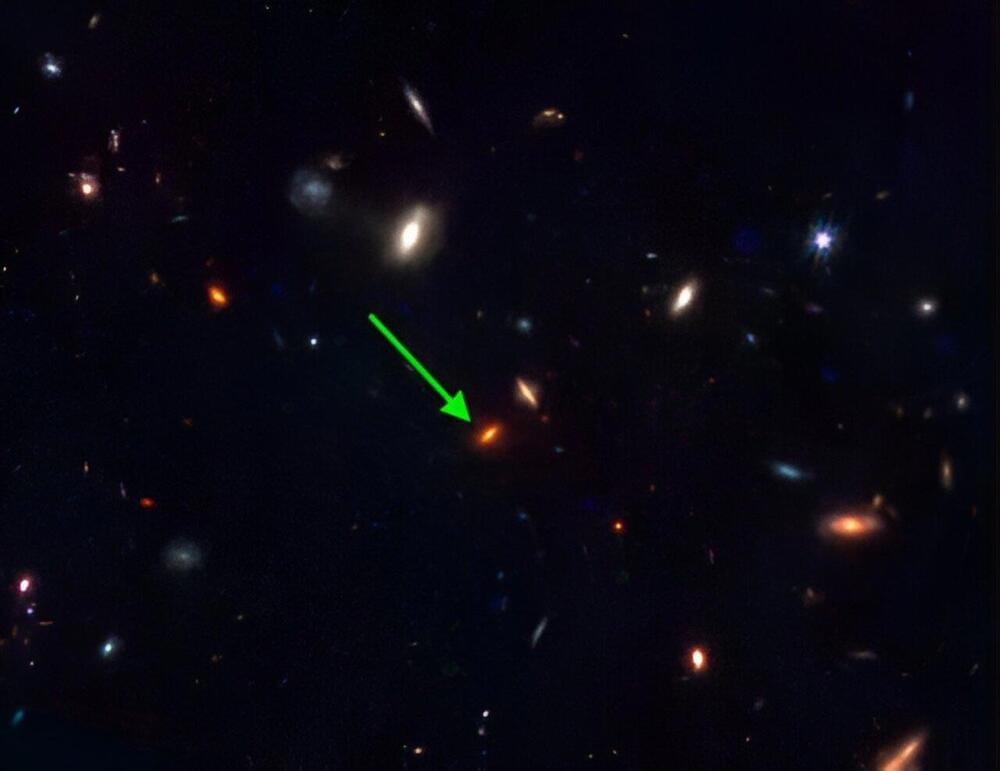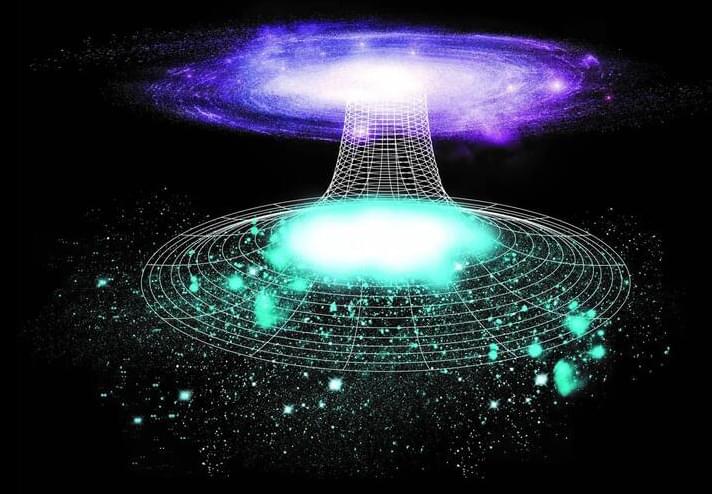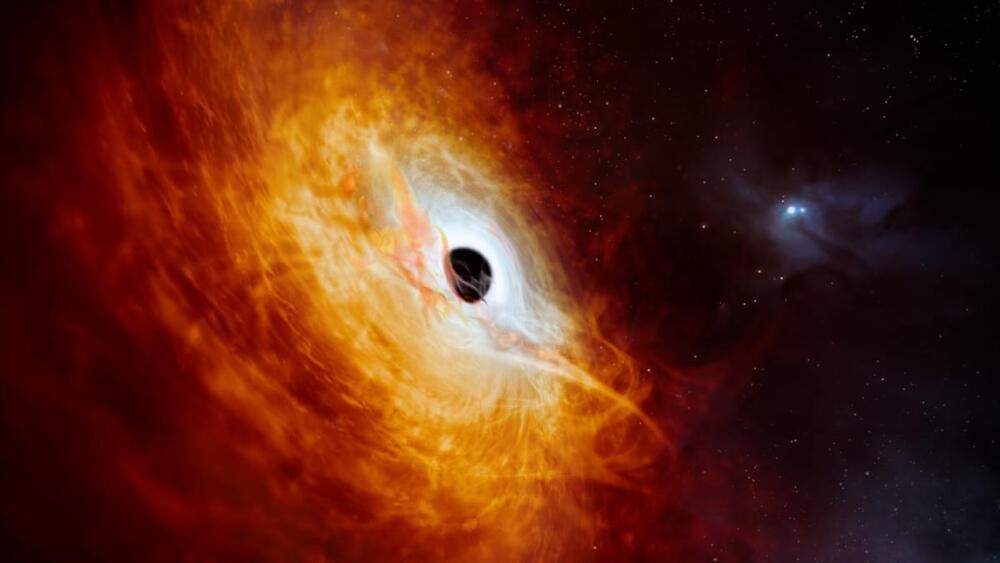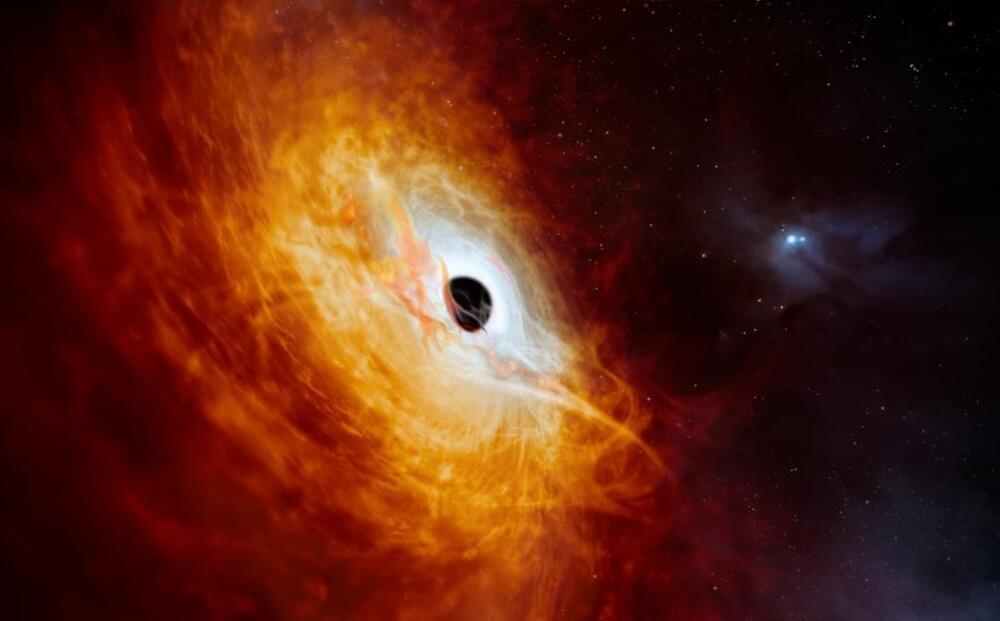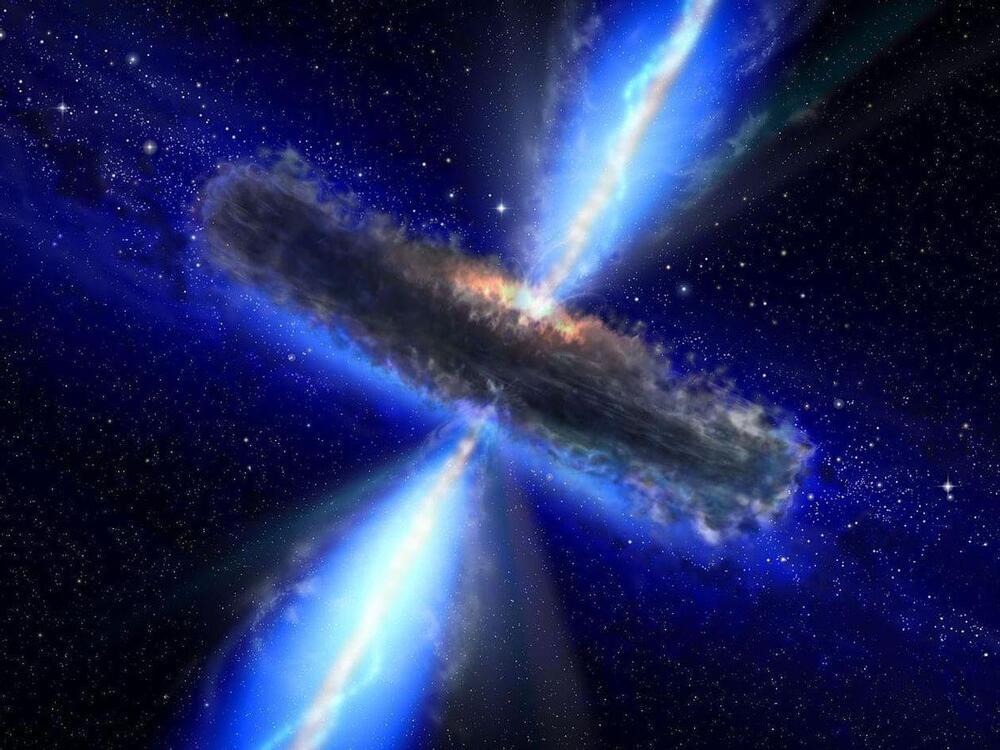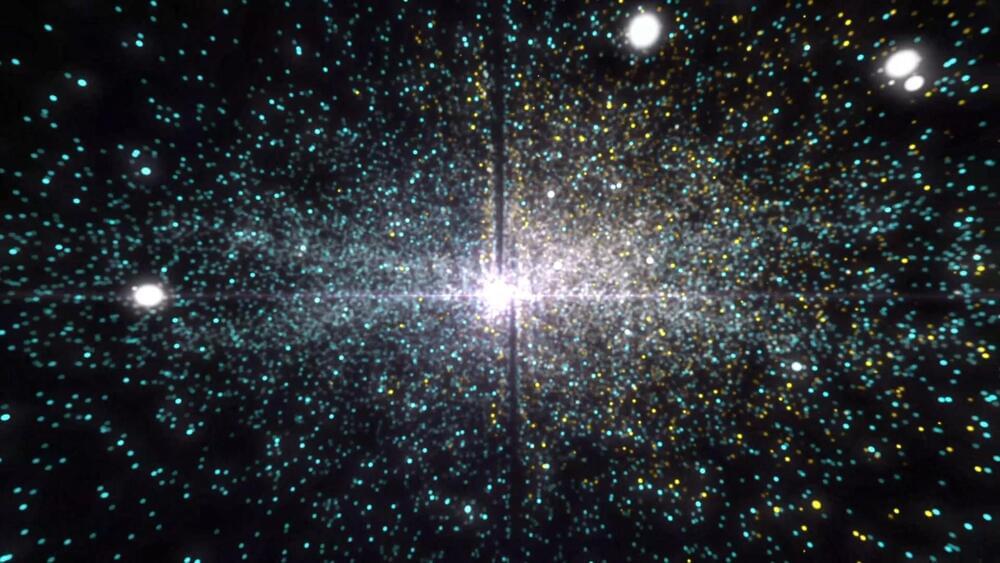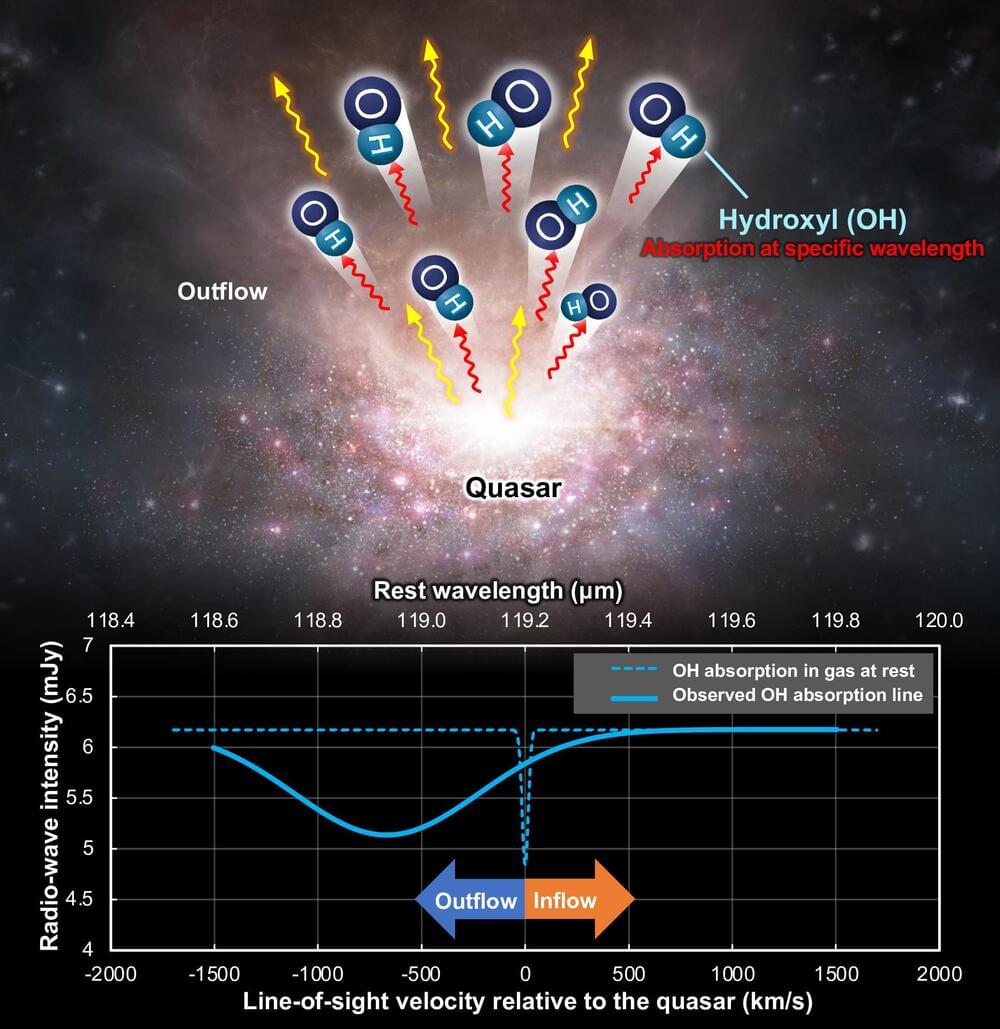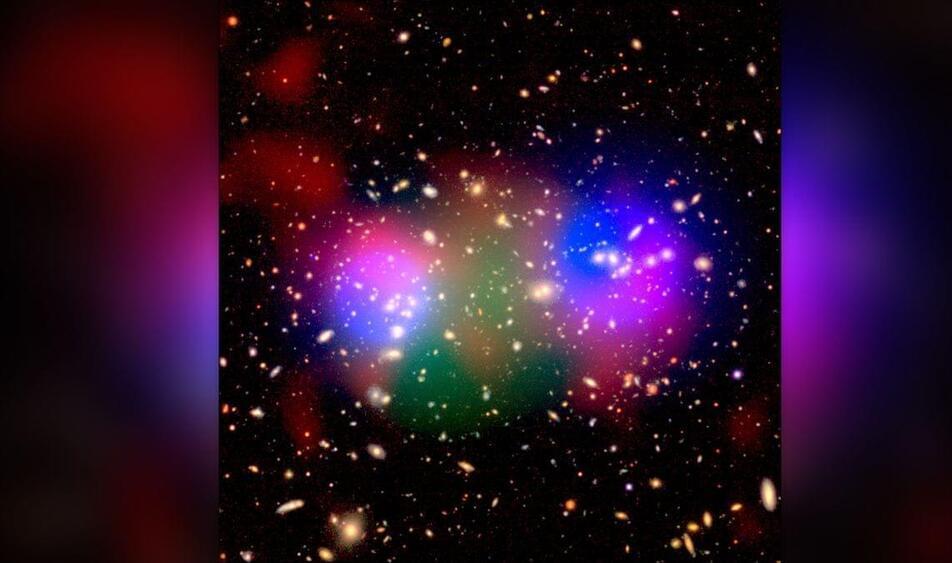The universe, with its myriad mysteries, has long captivated our curiosity, and among its enigmatic phenomena, black holes have held a prominent place. These collapsed cores of dead stars, known for devouring everything in their vicinity, have a cosmic counterpart that challenges our understanding – the elusive ‘white holes.’
Imagine delving into the intricacies of space-time around a black hole, subtracting the collapsed star’s mass, and unveiling the mathematical description of a white hole – a massless singularity. Unlike their gravitational counterparts, black holes, where matter disappears into an event horizon, white holes defy entry. They expel matter at an astonishing rate, akin to hitting a cosmic ‘rewind’ button.
